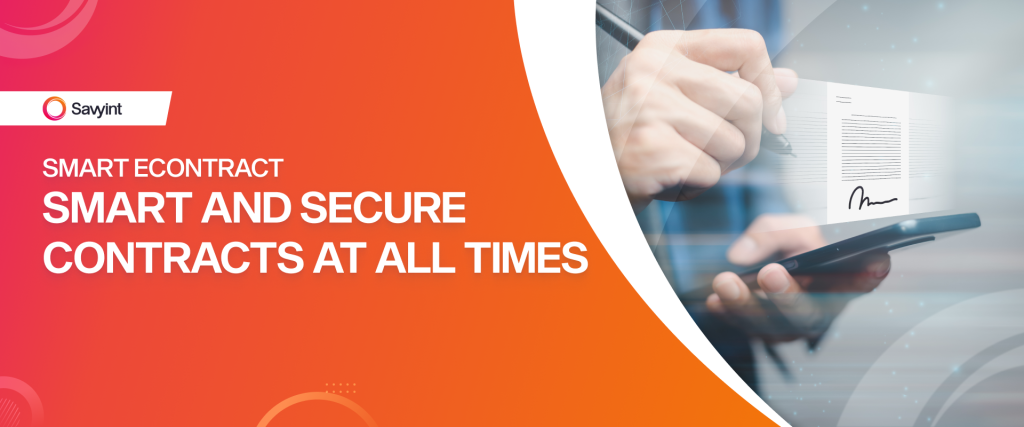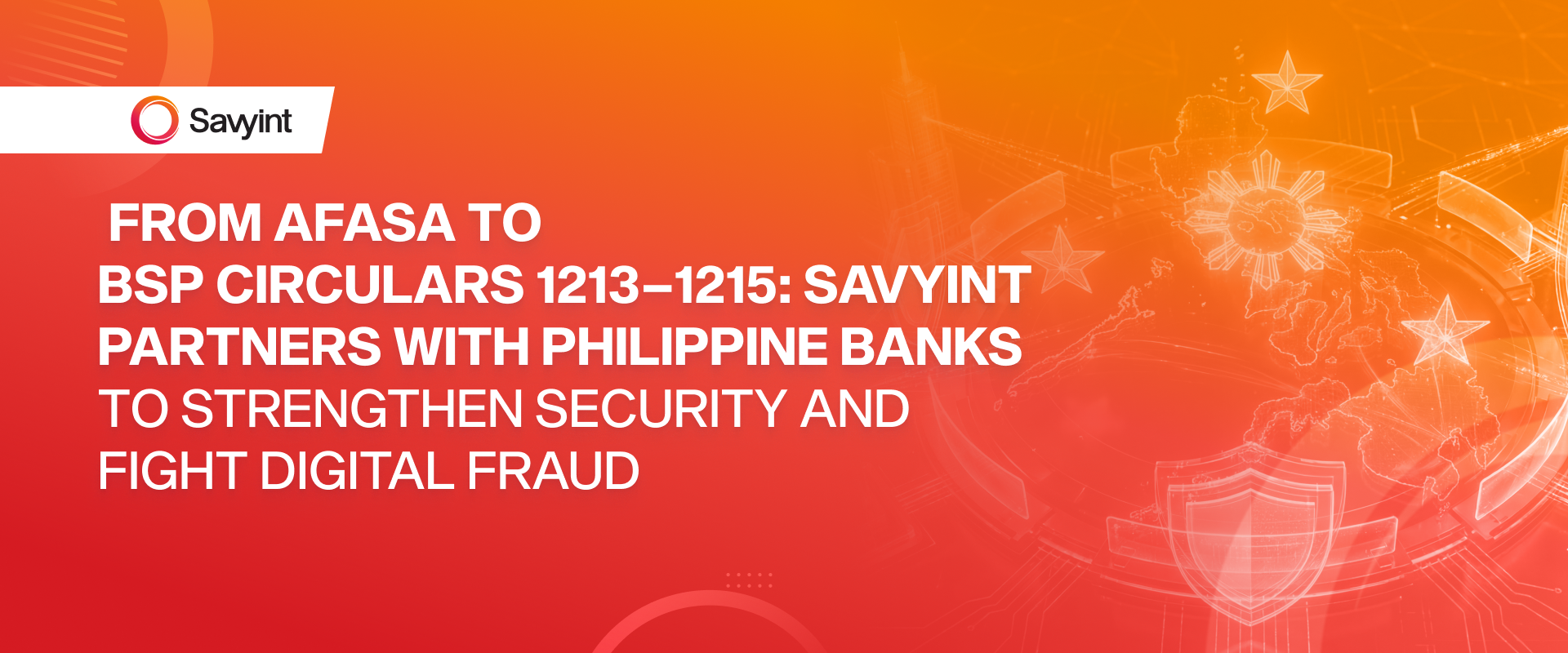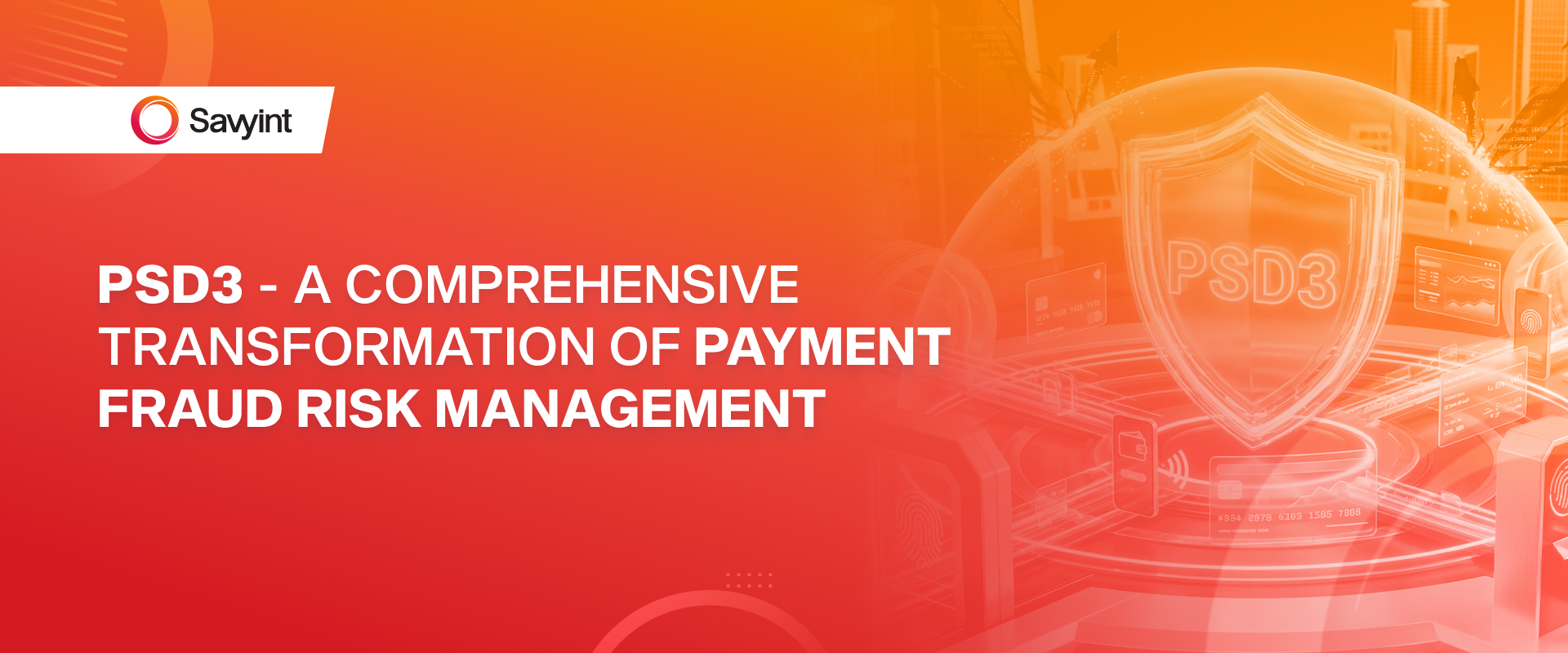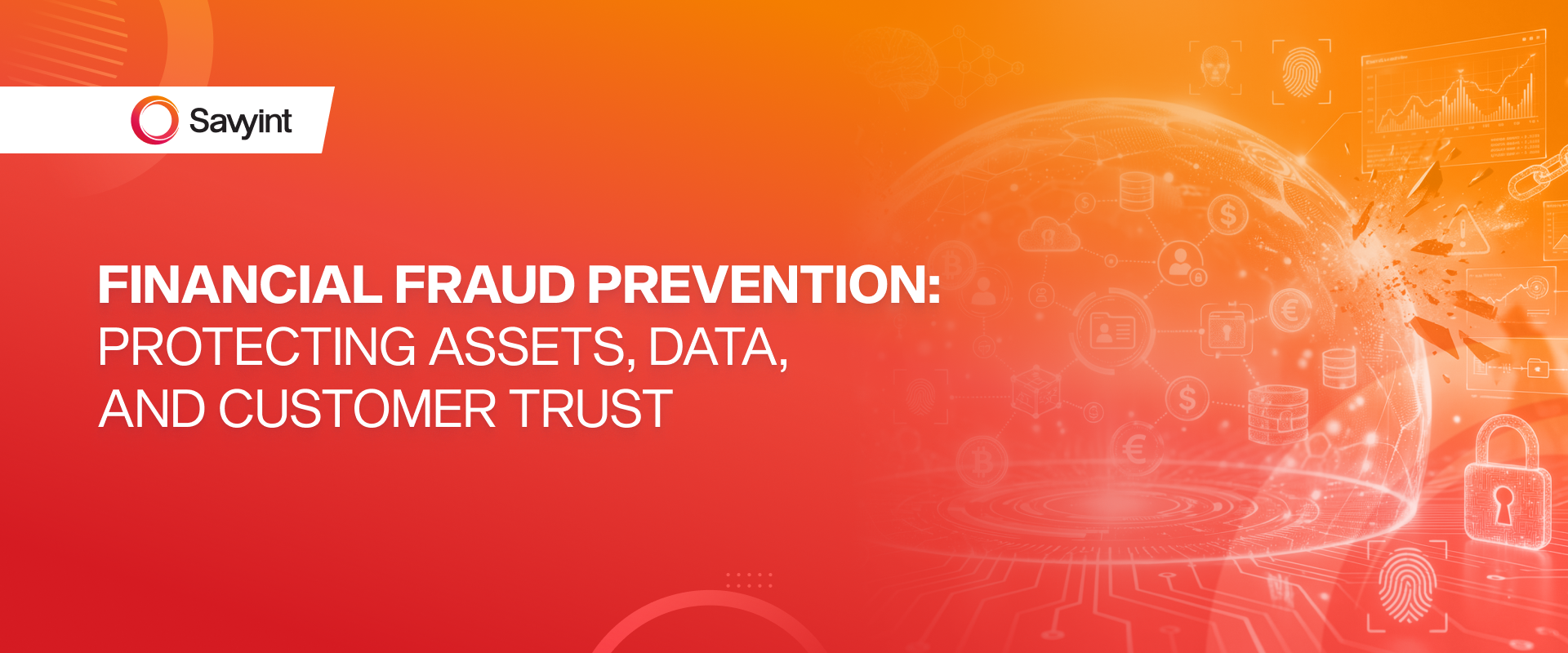In today’s era of information technology, traditional contracts are gradually being replaced by electronic contracts due to their convenience, intelligence, and speed. There’s no need for in-person meetings or waiting for physical documents to be delivered—all contract processes are handled within a single management system.
What is an electronic contract? Legal value of electronic contracts
An electronic contract, as defined in Article 33 of the 2005 Law on Electronic Transactions, is a contract established in the form of a data message, executed through electronic means, magnetic devices, cloud computing, or digital technology.
Electronic contracts offer an optimal solution, allowing businesses to sign contracts remotely, anytime, anywhere—especially during the complexities of the COVID-19 pandemic. However, to fully capitalize on this tool, businesses must understand the legal framework for signing and executing electronic contracts.
From a legal standpoint, electronic contracts hold the same value as paper contracts and cannot be denied simply because they are in data message form. Additionally, an electronic contract must meet the following criteria:
- Integrity and authenticity of content: The contract must ensure the integrity of the content, with no alterations or deletions of information.
- Document authentication: The information about the signer and the signing time must be verifiable, with long-term retention requirements for each type of contract or document.
- Accessibility: The electronic contract must be readable and viewable through legally agreed-upon encryption methods between the two parties.
What advantages do electronic contracts have over traditional paper contracts?
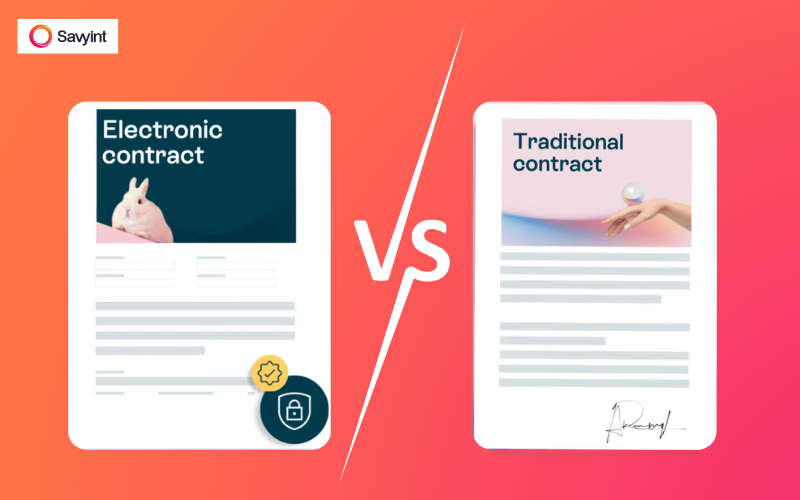
Electronic contracts offer significant advantages over traditional paper contracts, particularly during the COVID-19 outbreak. The table below highlights these advantages:
| Electronic Contract | Traditional Paper Contract | |
|---|---|---|
| Process | – Online, automated, fully paperless | – The offline process is complex and manual. – Involves a lot of paperwork, making storage and management challenging. |
| Form | Electronic system, no paper | Traditional paper-based documents. |
| Method | – Signed via computers, tablets, smartphones – Remote signing anytime, anywhere – Ability to sign multiple contracts simultaneously | – Hand-signed with a red stamp on physical paper contracts. – Each contract must be signed and stamped individually. |
| Content | In addition to tradition | Unlike electronic contracts that may include additional agreements such as technical requirements, electronic signature verification, and integrity/security conditions, traditional contracts generally cover: |
| – Technical requirements – Electronic signature verification – Integrity and security conditions | – Contract parties; – Quantity, quality; – Price and payment methods; – Duration, location, and method of contract execution; – Rights and obligations of the parties; – Liabilities for contract violations; – Methods of dispute resolution. | |
| Signing method | Electronic signature, digital signature | Handwritten signatures. |
| Contract storage | Centralized, highly secure storage, easy to search for documents | – Stored in physical warehouses, posing significant challenges to document security. – Requires substantial space and effort to store paper documents. – Vulnerable to risks such as loss, damage, deterioration, or pest infestations. – Difficulty in locating and retrieving documents. – Security systems are unreliable, making it hard to control and manage. |
| Cost | Saves up to 90% in time and costs | Completing a contract takes a long time, and costs associated with delivery and storage are high. |
| – No need for printing, shipping, or physical storage – Flexible signing times and locations | – Time is wasted waiting for customer responses before continuing with the transaction process. – Heavily dependent on leadership schedules, as signatures often require waiting for their availability. – Significant delays in delivering contracts between parties, with a high risk of loss or misplacement. |
Smart eContract – A smart and secure electronic contract solution
Electronic contracts have many advantages over traditional contracts, but risks remain, such as verifying the signer’s identity, signing time (in cases where digital certificates expire), document accessibility (due to technological changes), and data integrity (modifications after signing).
Smart eContract addresses these challenges by integrating advanced security features such as timestamping, AdES advanced signatures, and long-term validation (LTV, LTANS), ensuring the highest levels of fraud protection and legal validity in electronic storage.
This solution meets the automation needs of organizations and businesses for electronic contract signing, anywhere and anytime, while complying with Vietnam’s Ministry of Information and Communications Circular No. 16/2019/TT-BTTTT and international eIDAS standards.
By automating processes from document creation, signing, storage, to transport and extraction, Smart eContract helps organizations quickly build a paperless working environment that is cost-effective, safe, and maximally secure.
Contact us for immediate consultation!
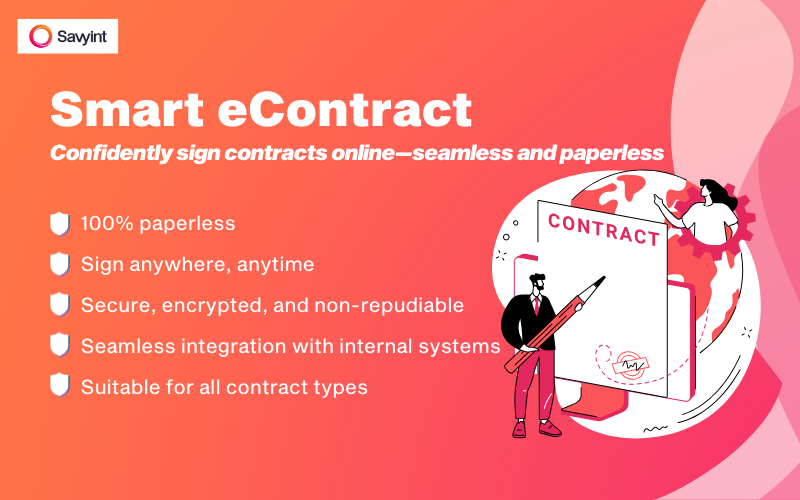
SAVYINT is the first provider of remote digital signing services, offering a full range of basic, advanced, and long-term validated digital signing solutions.

